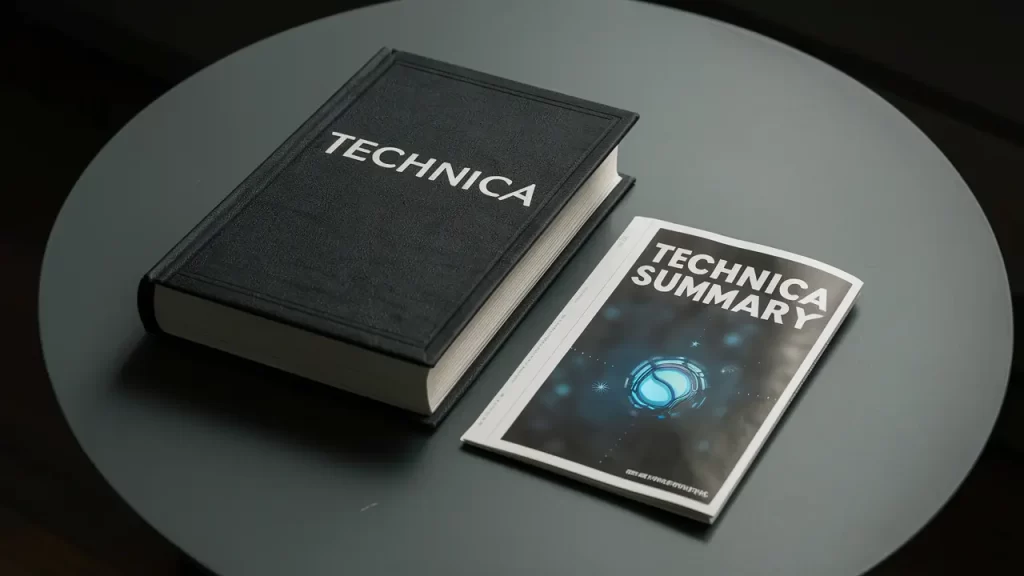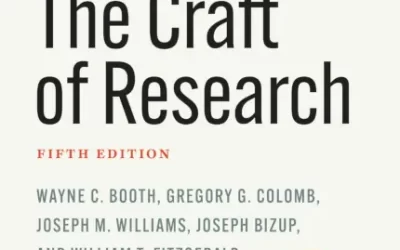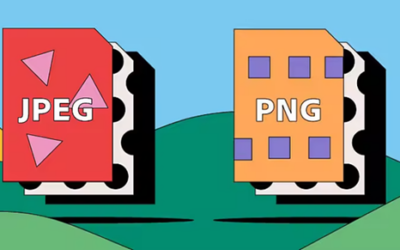If you’re a millennial, you probably used SparkNotes at some point in high school to help summarize a book for English class. I fully admit that I tried my best to get through Jane Eyre, but Charlotte Bronte and I do not agree on writing style and pacing. The summaries of chapters found online for this book got me through freshman English. Book summaries are not new. CliffsNotes was famously founded in 1958, and their summaries and study guides are readily available online and even sold in most college bookstores. As technology has evolved so too has the way book summaries are digested and now there is an app for that. Make that, multiple apps for that.

In the modern age, apps like Blinkist, Bookey, getAbstract, and Headway all provide users with access to thousands of summaries of both classics as well as new releases through their various platforms. All these apps claim they can breakdown complex books into summaries that can be read or listened to in 15-30 minutes through their subscription service. While these apps are a good way to give readers a way to digest content when they don’t have the time to dedicate to a full book, some authors are less enthused by this new trend.
Author Amy Liptrot, whose 2015 memoir The Outrun was critically acclaimed and will be adapted into a 2024 film, was upset to find a version of her book available on Bookey. In a recent interview, she stated, “It was unnerving to see a totally fictional quotation purporting to be from my book. These apps are very anti-literary. They’re for people who want to absorb the key ideas without reading the book. I don’t mind a bland, soulless summary, but I do mind a false quotation.” Another writer, Susie Alegre, similarly vocalized her fears for the future of publishing with book summary apps at the forefront, telling The Guardian, “The trend towards apps that summarize books so that you can ‘think better’ is likely to have the opposite effect – if we don’t use our minds to reflect deeply, we may lose our ability to think critically at all.”
However, others in the publishing world are less worried. Toby Mundy, who serves as executive director of the prestigious Baillie Gifford prize for nonfiction titles, said, “When people want to know about a subject, they might start with Wikipedia or a precis app, but publishing is fundamentally about voices.” He further argues that readers may initially seek out summaries for their easy digestion, but they will seek out full books if they are fully invested in a topic. A former book buyer for Waterstones says that there were similar kneejerk reactions when abridged novels became popular and that trend eventually faded out with a limited financial effect on the publishing industry.
It should be noted that while these summaries tend to be generated by AI, most of the apps claim to do their best to provide trustworthy summaries. Blinkist states that they work with specialists in non-fiction topics and the authors of the books summarized on their site to provide the most accurate information possible to their readers to avoid potential AI hallucination errors. Have you used a book summary app? Tell us your thoughts in the comments below.
By Chris Moffitt
Chris is a Managing Editor at Technica Editorial




